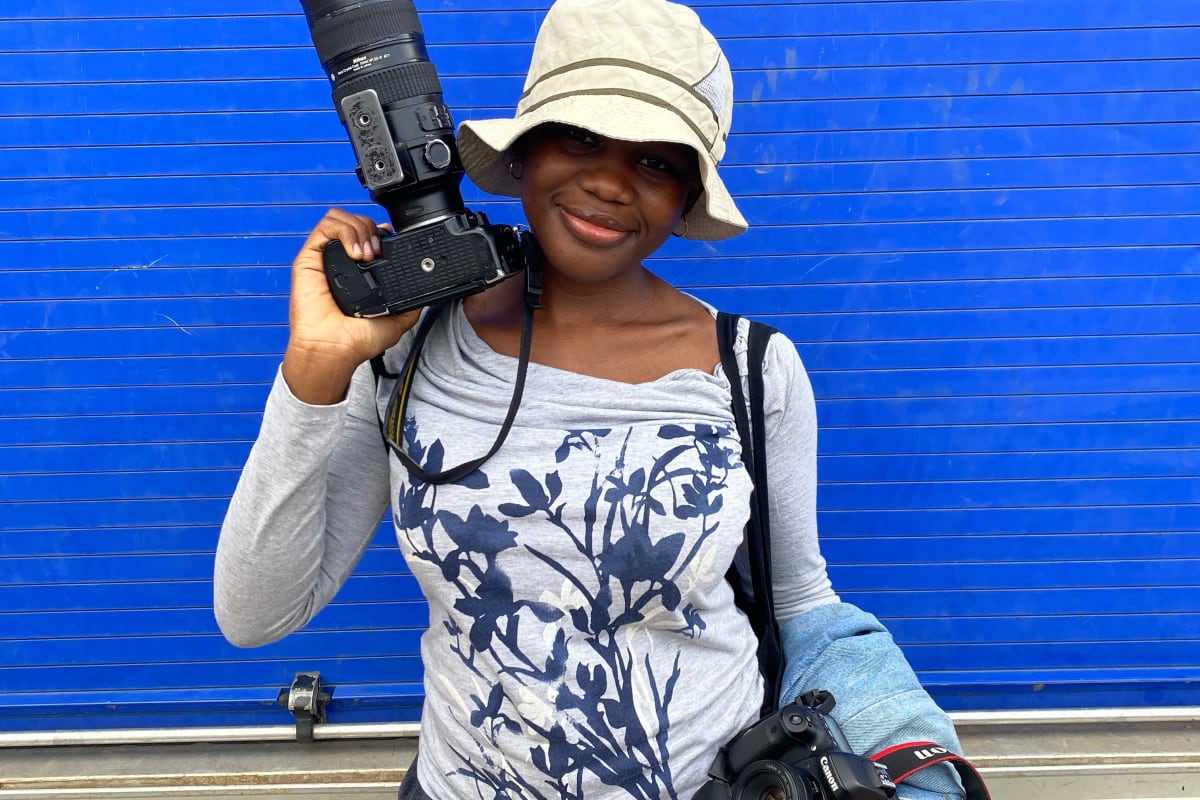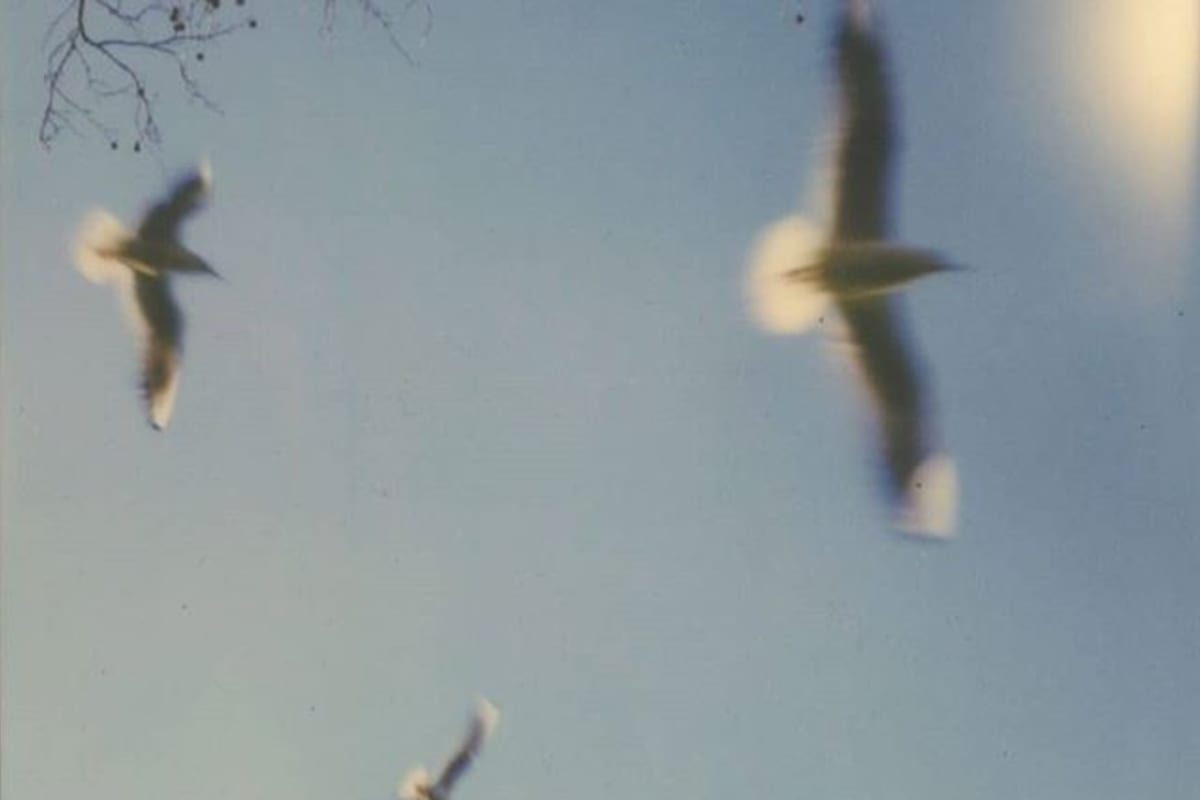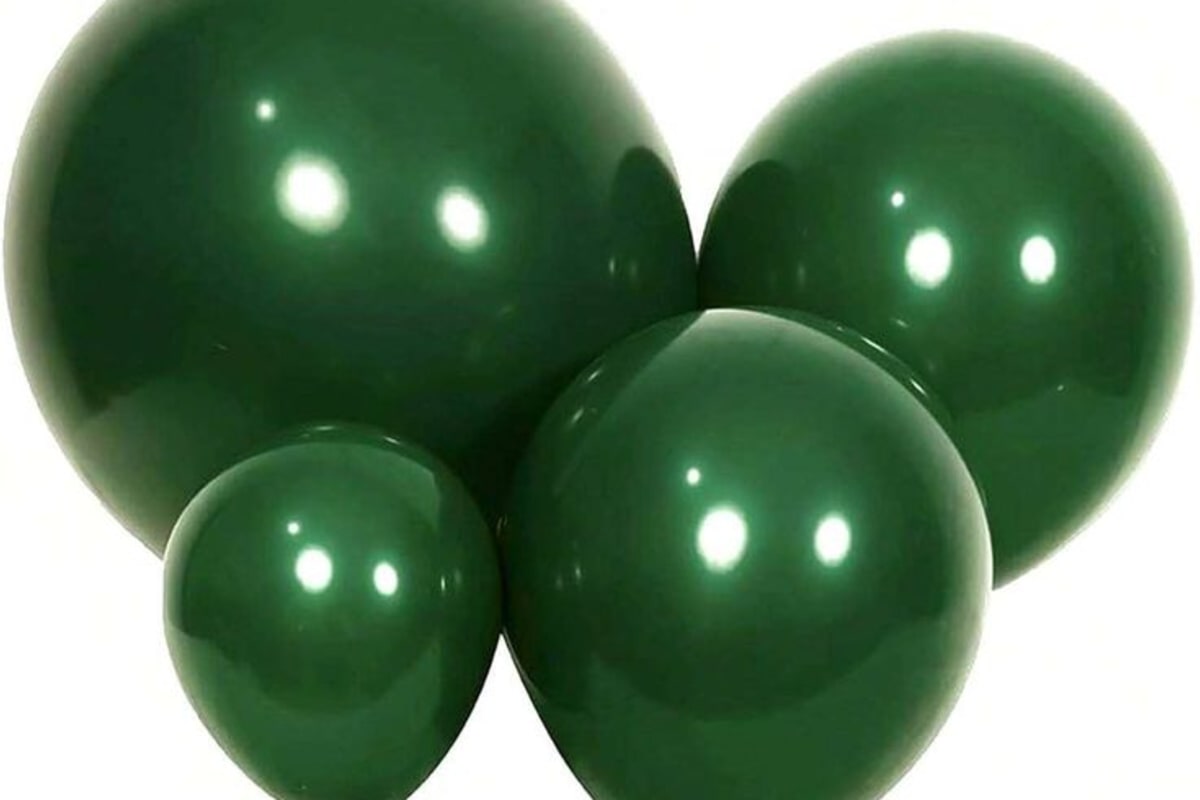Chiamaka Okike on Writing, Queerness and Belonging
Chiamaka Okike’s work challenges traditional boundaries within Nigerian literature. In conversation with Tosin and David from Taxi Editorial, she reflects on the freedom to write beyond conventional constraints, the influence of African and global literature on her craft and the stories that resonate with her most deeply. Her unique voice brings to light the complexities of love, identity and belonging.
Chiamaka
Chiamaka Okike is a multi-disciplinary writer. She is the author of the novella, ‘Seeri’. She is also the author of short stories and articles ‘Chewed Glass,’ ‘Return to the Sun,’ ‘Fuchsia Pink and Midnight Lace,’ ‘The World is Dancing to Africa’s Tune,’ ‘Amore E Liberazione,’ ‘A Name No Mother Would Give You,’ ‘Songs about Surulere,’ ‘If People Are Art Then Museums Are Graveyards,’ and ‘14 Lasts Forever’.
The author grew up in a quiet little community in Ibadan, Nigeria and it is here that she cultivated her relationship with long walks and literature. After putting it off for years she finally got round to taking her writing seriously. This has led her work to be long-listed and shortlisted for the Disquiet International Literary Prize, Leicester Short Story Award, and Elegant Literature's Short Story Award. Additionally she has edited Isele magazine’s women issue, spoken at various workshops and panels, and delved into creative non-fiction - with words and appearances in Midnight & Indigo, The Kalahari Review, Narratively, Wilson Quarterly, Edinburgh’s Literary Salon, Brittle Paper, Iko Africa, and ActiveMuse.
In addition to writing, Chiamaka has planned, curated and hosted four pop-up events across London for her novella, ‘Seeri’ and mini short story collection ‘Chewed Glass.’ These events have been sponsored and supported by the likes of Karma Drinks, Freebooks campaign, Shelf Interest, Hotel Zamara, Agua de Madre, and Bubba Oasis.


